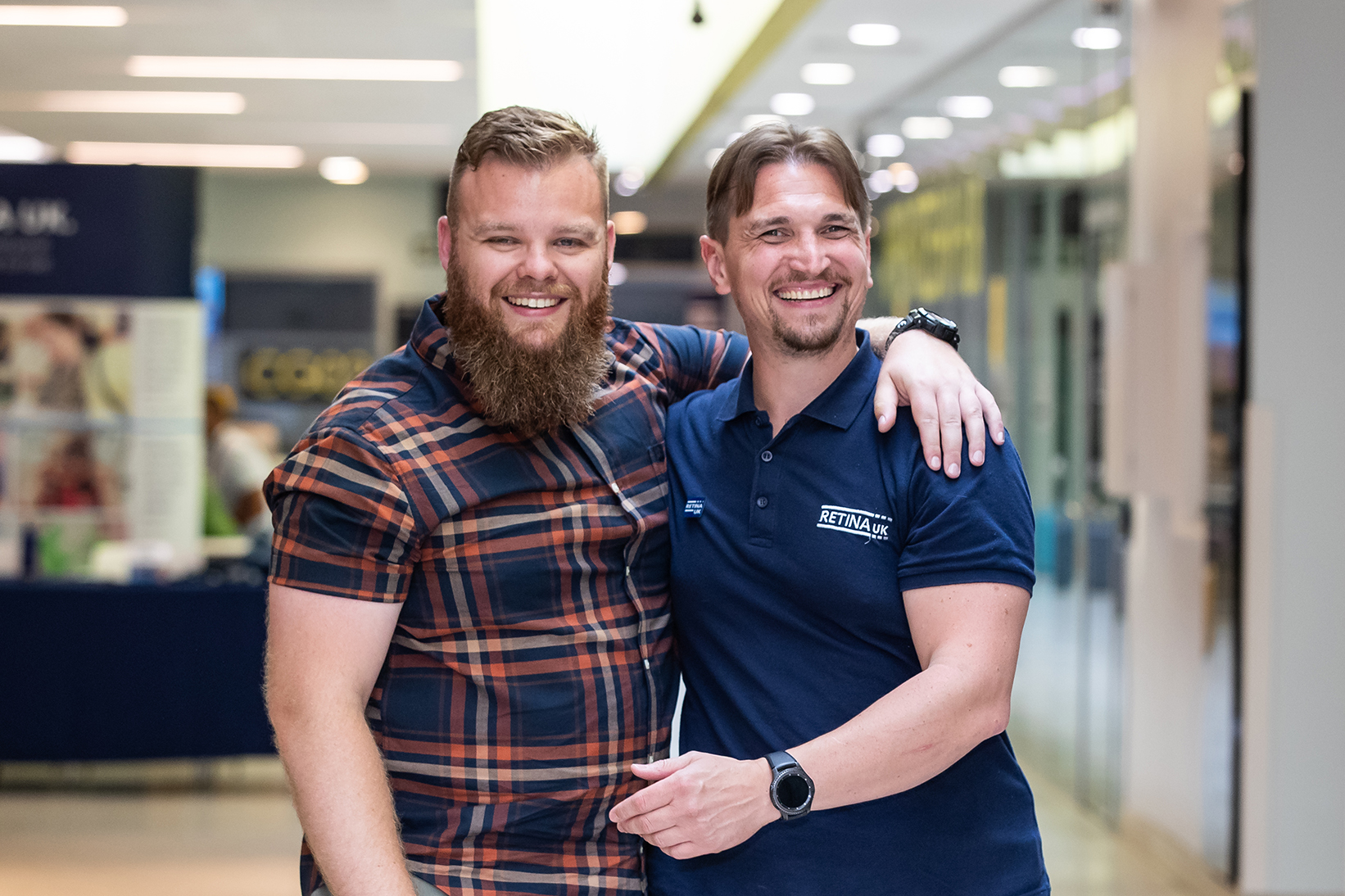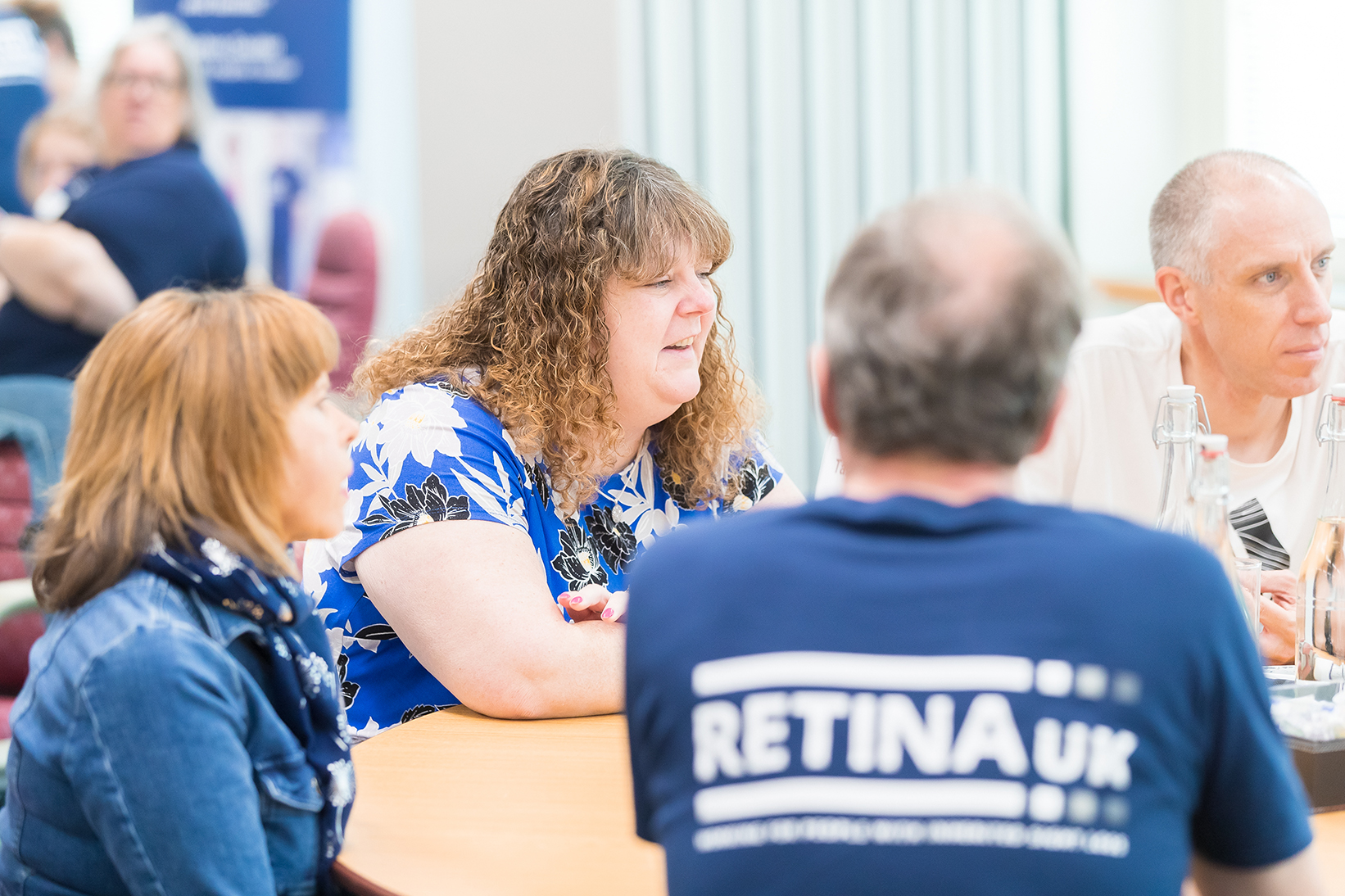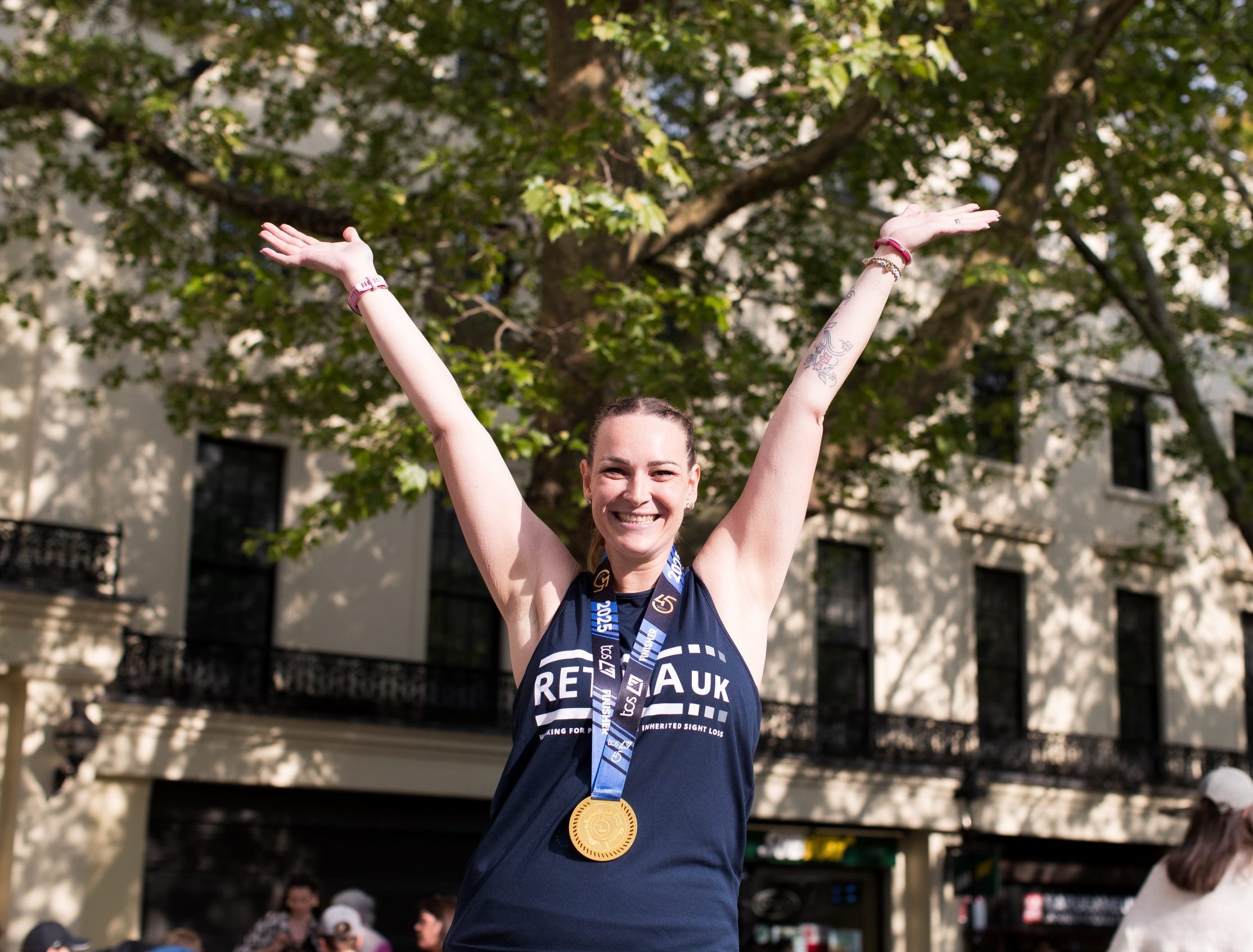
Become a Retina UK member
Join the Retina UK membership today! Anyone is welcome to join; whether you are living with a sight loss condition yourself, related to somebody who is, or if you are working as a sight loss professional.
Search results

Join the Retina UK membership today! Anyone is welcome to join; whether you are living with a sight loss condition yourself, related to somebody who is, or if you are working as a sight loss professional.

A recording of the Retina UK Professionals' Conference on 19 September 2025. The Conference was held at the Holiday Inn, Regent's Park, London and online.

A recording of the Retina UK Annual Conference on 20 September 2025. The Conference was held at the Holiday Inn, Regent's Park, London and online.

Since we were founded in 1976, we have invested more than £18 million into some of the most pioneering medical research - because of amazing supporters like you.
Please get in touch with us using the method which suits you best. You'll find details of all of the different ways you can contact us on this page.

Our sight loss survey highlighted that you have a real appetite to get involved in representing the inherited sight loss community through activities like focus groups, surveys and research projects via the Retina UK Lived Experience Panel.

Ready to sign up? Join #TeamRetinaUK & take on the Great West Run 10K in 2026!

Is 2026 the year that you join #TeamRetinaUK & take on the Victoria Park Half Marathon?

Is 2026 the year that you join #TeamRetinaUK and take on the Victoria Park 10K?

Is 2026 the year that you join #TeamRetinaUK and take on the Women's Run Series 10K in Manchester?